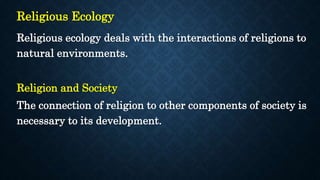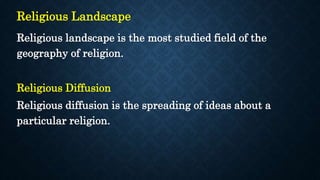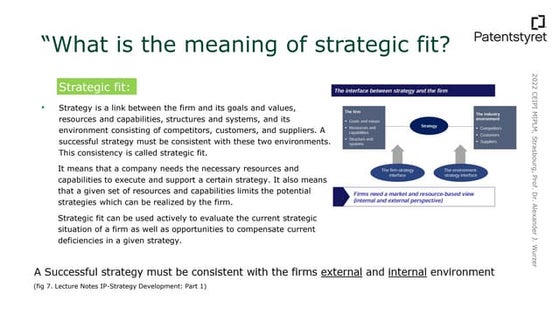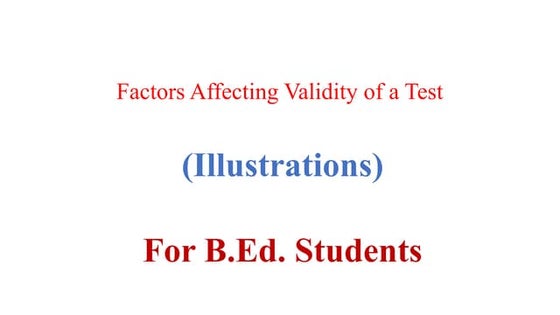natureofeligion.pptx
- 2. âĒ Religion has been in existence since the earliest time of humankind. Wherever humankind inhabits, religion too exists. âĒ Presently, we are all witness as to how religion continues to play crucial roles in world politics in the twenty-first century as can be seen from the various political conflicts that have their roots in religious differences. âĒ This particular chapter will introduce you to various concepts related to religion, expound on the origin of religion, and evaluate the many roles played by religion in peopleâs everyday lives.
- 3. Understanding the Nature of Religion Objectives: Define religion and its essential features
- 4. Key Points âĒThe sociologist Emile Durkheim defined religion as a âunified system of beliefs and practices relative to sacred things. â By sacred things he meant things âset apart and forbidden â beliefs and practices which unite into one single moral community called a Church, all those who adhere to themâ. âĒThe development of religion has taken different forms in different cultures. Some religions emphasize belief while others emphasize practice. Some religions focus on subjective experience of the religious individual while others consider activities of the religious community to be most important. âĒSocial constructionism says that religion is a modern concept that suggests all spiritual practice and worship follows a model similar to the Abrahamic religions and thus religion, as a concept, has been applied inappropriately to non-Western cultures. Understanding the Nature of Religion
- 5. âĒ Comes from the Latin word âReligioâ which means âsomething done with overanxious or scrupulous attention to detailâ. âĒ The religio word which come from the Latin verb âreligareâ which means âto tie together, to bind fastâ. âĒ Religion is a collection of cultural systems, belief systems, and worldviews that relate humanity to spirituality and, sometimes, to moral values. Many religions have narratives, symbols, traditions, and sacred histories that are intended to give meaning to life or to explain the origin of life or the universe. âĒ The typical dictionary definition of religion refers to a âbelief in, or the worship of, a god or godsâ or the âservice and worship of God or the supernatural. â Definition of Religion
- 7. Key Terms âĒbelief system: The basis of a set of beliefs âĒhierarchy: Any group of objects ranked so that everyone but the topmost is subordinate to a specified group above it. âĒsacred: Set apart by solemn religious ceremony; especially, in a good sense, made holy; set apart to religious use; consecrated; not profane or common; as, a sacred place; a sacred day; sacred service Understanding the Nature of Religion
- 8. The Purpose of Religion Religion can serve a wide range of purposes. Religion can be a source of comfort and guidance. It can provide a basis for moral beliefs and behaviors. It can also provide a sense of community and connection to tradition. Some research even suggests that it may affect health. The impact of religion on health and life expectancy has always been a tricky area of research. It seems (to some) that religious peopleâdefined here as people who attend religious services regularlyâseem to be healthier than those who don't attend.
- 9. This research is tricky, however, because of several factors that are difficult to control for, including: ï§ People who attend religious services may simply be healthier than those who cannot attend. ï§ The benefits may have more to do with social contact than religion itself. ï§ Certain religions may encourage healthy behaviors.
- 10. Elements of Belief Systems or World views TIME â The age of people, the length of the day, the age of the country. VALUES â it is different from person to person. People from different religions, groups, countries; they all value different things. SOCIETY- it is the way people and government interact with each other and among themselves. The government is the ruling force over a society and underneath them are different classes of people.
- 11. Elements of Belief Systems or Worldviews BELIEFS â pertains to science and religion and anything you believe in. KNOWLEDGE â the more education the person has, the different view of the world they will have. ECONOMY - the way we view the world has dependency in the amount of money you and your country has. GEOGRAPHY â it is a combination of economy, society, time and beliefs.
- 14. Elements of Religion Belief system or world view Community Central Stories / Myths Rituals Ethics Characteristic Emotional Experiences Material Expression Sacredness
- 15. Religion vs. Spirituality While religion and spirituality are related, there are differences between the two. Spirituality is an individual practice and belief, whereas religion is centered on a set of organized practices that a larger group shares. It is possible to be spiritual without being religious
- 16. Definition of Spirituality Spirituality is derived from the Latin word âspiritusâ, its verb root is spirare which means âto breathe, courageâ. Spirituality â it is oneâs integrity view of life involves a quest for the meaning and ultimate value of life as opposed to an instrumentalist or materialistic act to life.
- 17. Definition of Theology Theology â involves the systematic study of the existence and nature of the divine. It deals with the study of the nature and purpose of god that may be undertaken using a particular perspective. Philosophy of religion- deals primarily with issues concerning religion, which includes analysis on the existence of a divine being or on sacred texts. It may involves studying the concepts and belief systems of the religions as well as the prior phenomena of religious experience and the activities of worship and mediation.
- 18. Characteristics of Spirituality 1. A sense of wholeness and harmony with oneself 2. A sense of wholeness and harmony with others 3. A sense of wholeness and harmony with God or supreme power 4. A sense of wholeness and harmony with the ecosystem
- 19. Elements of Spirituality 1. Meaning: the ontological significance of life; making sense of life situations; deriving purpose in existence 2. Values: beliefs and standards that are cherished; having to do with the truth, beauty, worth of thought, object or behavior; often discussed as ultimate values
- 20. Elements of Spirituality 3. Transcendence: experience and appreciation of a dimension beyond the self; expanding self-boundaries. 4. Connecting: relationship with self, others, God/Higher Power, and the environment. 5. Becoming: an unfolding of life that demands reflection and experience; includes a sense of who one is and how one knows among other things.
- 21. Origins of Religion 5 Main Themes of Geographic Study of Religion 1. Religious Regions 2. Religious Ecology 3. Religious and Society 4. Religious Landscape 5. Religious Diffusion
- 22. Religious Regions The most commonly described religious regions are those where a religion is practiced Western Religion Eastern Religion 1. Judaism 1. Hinduism 2. Christianity 2. Buddhism 3. Islam 3. Confucianism 4. Taoism/Daoism 5. Shintoism
- 23. Religious Ecology Religious ecology deals with the interactions of religions to natural environments. Religion and Society The connection of religion to other components of society is necessary to its development.
- 24. Religious Landscape Religious landscape is the most studied field of the geography of religion. Religious Diffusion Religious diffusion is the spreading of ideas about a particular religion.
- 25. CULTURE Is defined as the âsum of an individualâs way of life, ranging from food he/she eats, the clothes we wear, and the house where we live. Puju Modal 1. Religion as an Integrative Force â it is believed that the primary function of religion was to preserve and solidify society.
- 26. CULTURE 2. Creating a Moral Community â religion provides a system of beliefs around which people may gather to belong to something greater than themselves in order to have their personal beliefs reinforced by the group and its rituals. 3. Religion as Social Control â Frank E. Manuel, an American historian, said that âReligion was a mechanism which inspired terror for the preservation of society.
- 27. CULTURE 4. Provides Rites of Passage â religion helps us in performing ceremonies and rituals related to rites of passage including birth, marriage, death and other religious events which gives meaning and social significance to our lives. 5. Religion as Emotional Support â religion is a sense of comfort and solace to the individuals during times of personal and social crisis such as death of loved ones, serious injury, etc.
- 28. CULTURE 6. Religion Serves a Means to Provide Answers to Ultimate Questions â these beliefs are based on the faith that life has a purpose, and there is someone or something that controls the universe. 7. Religion as A Source of Identity â religion gives individuals a sense of identity â a profound positive selfidentity.

















































































